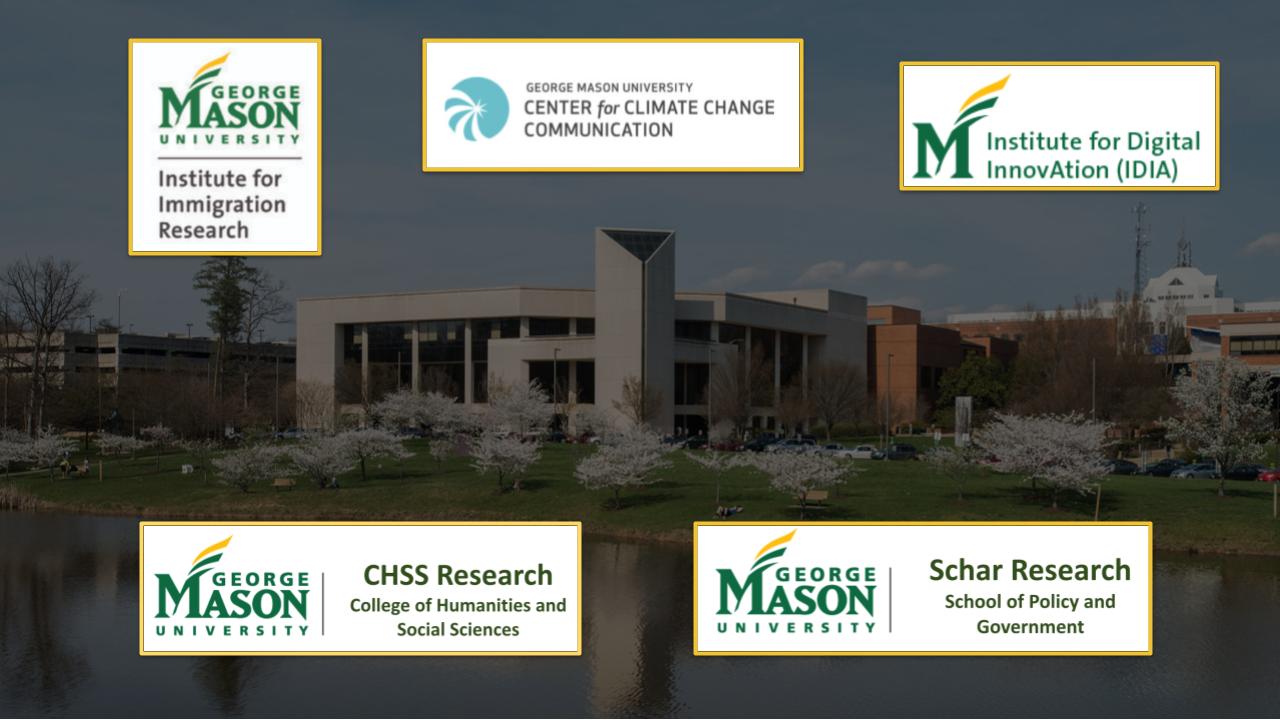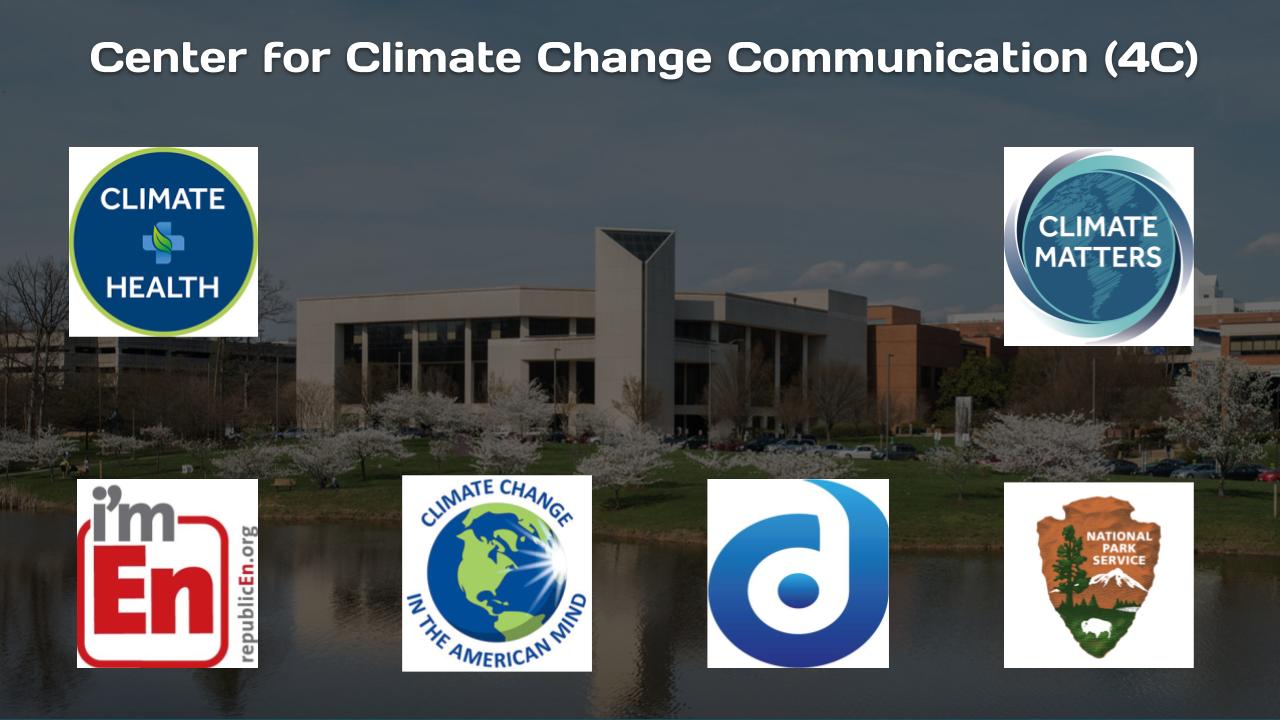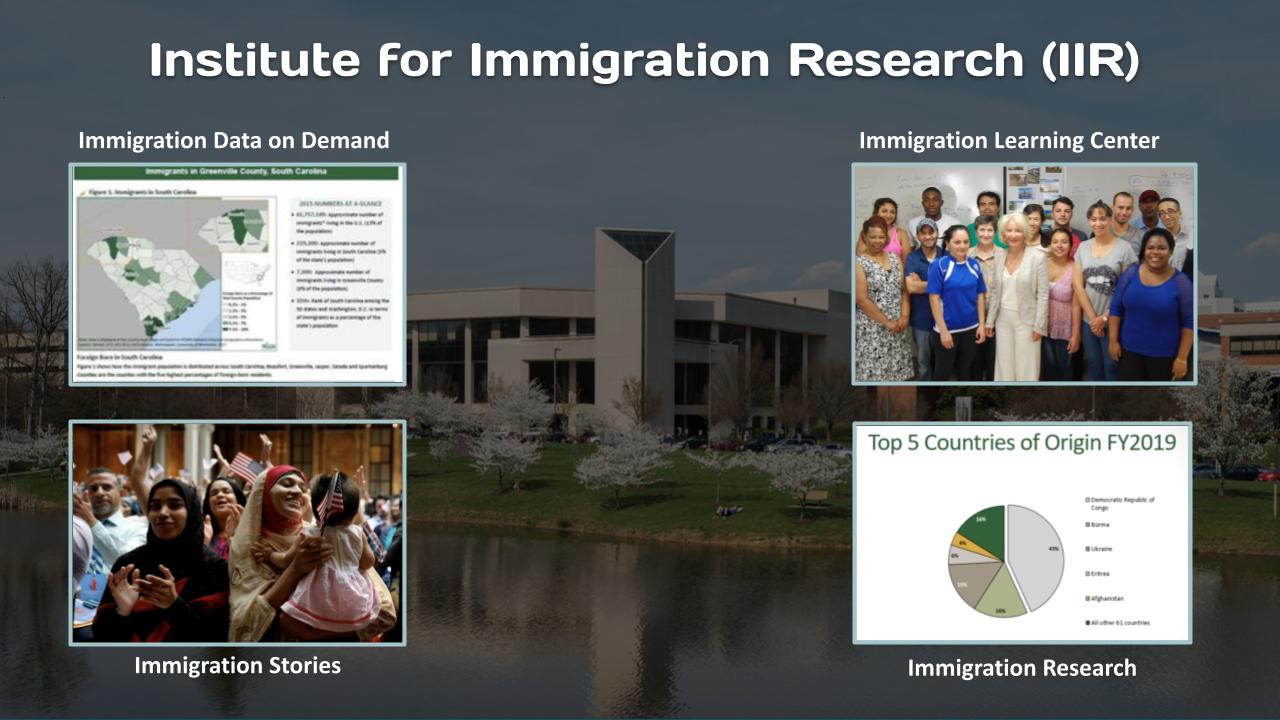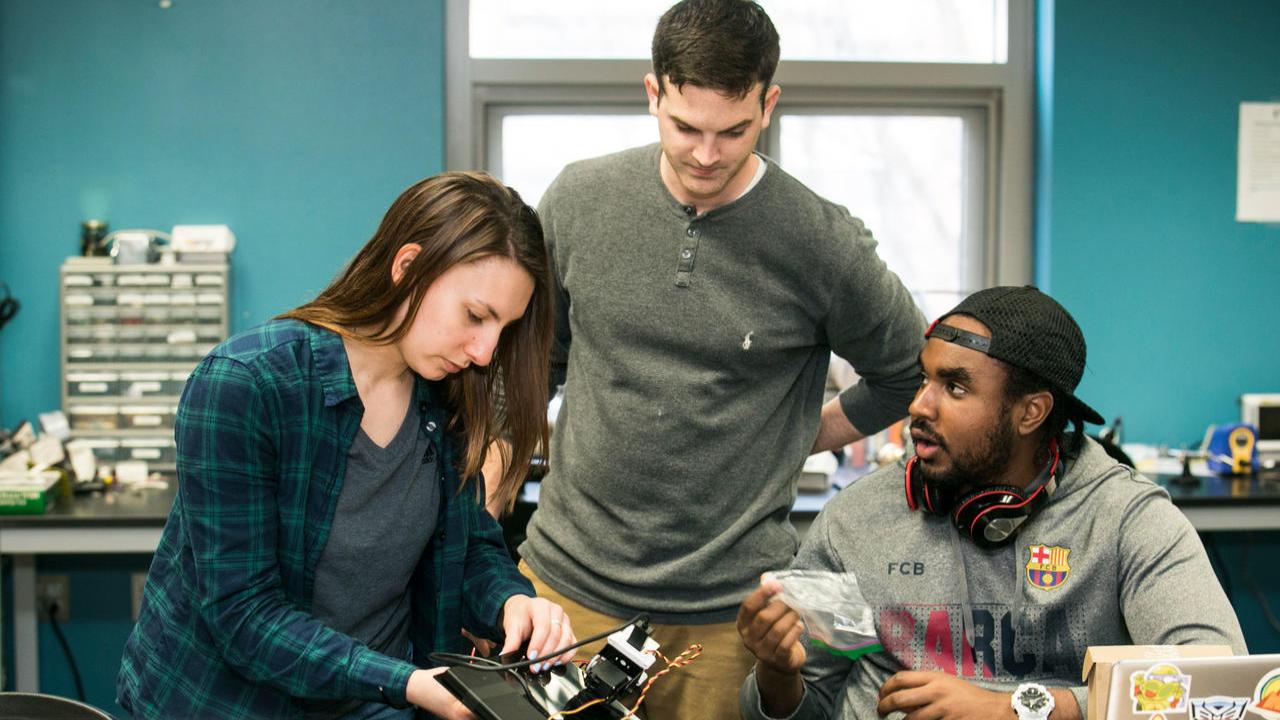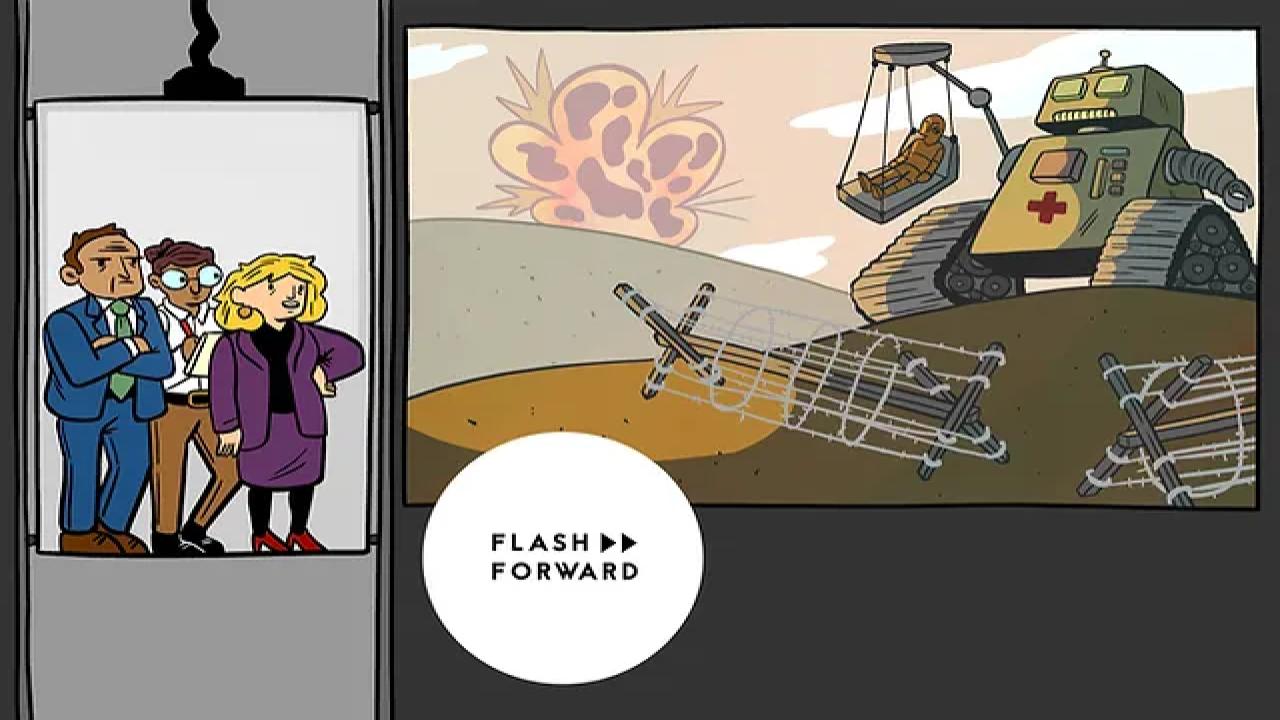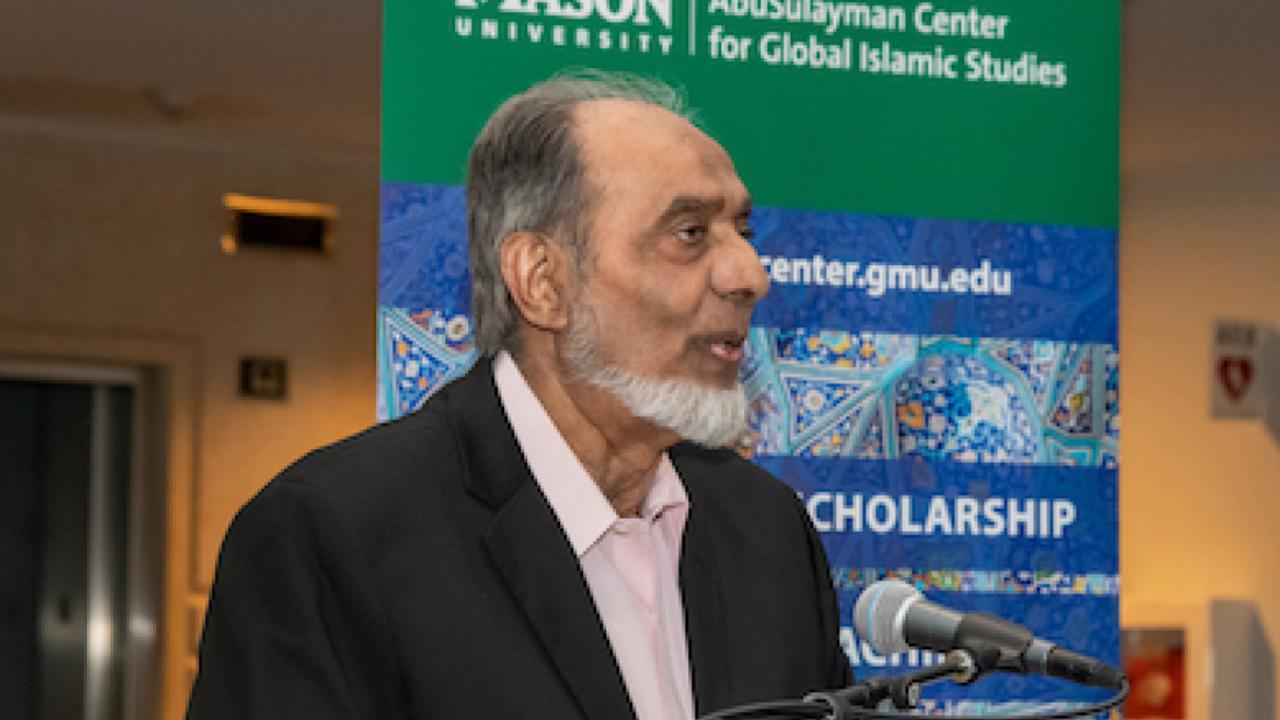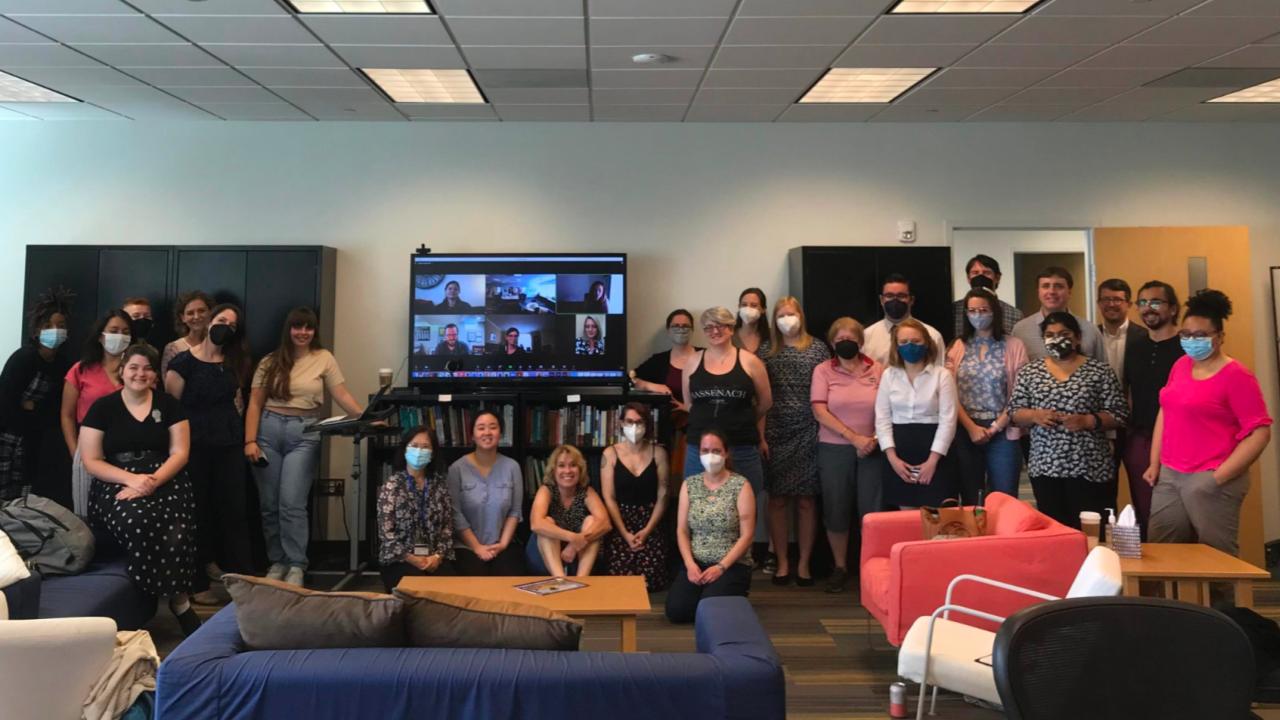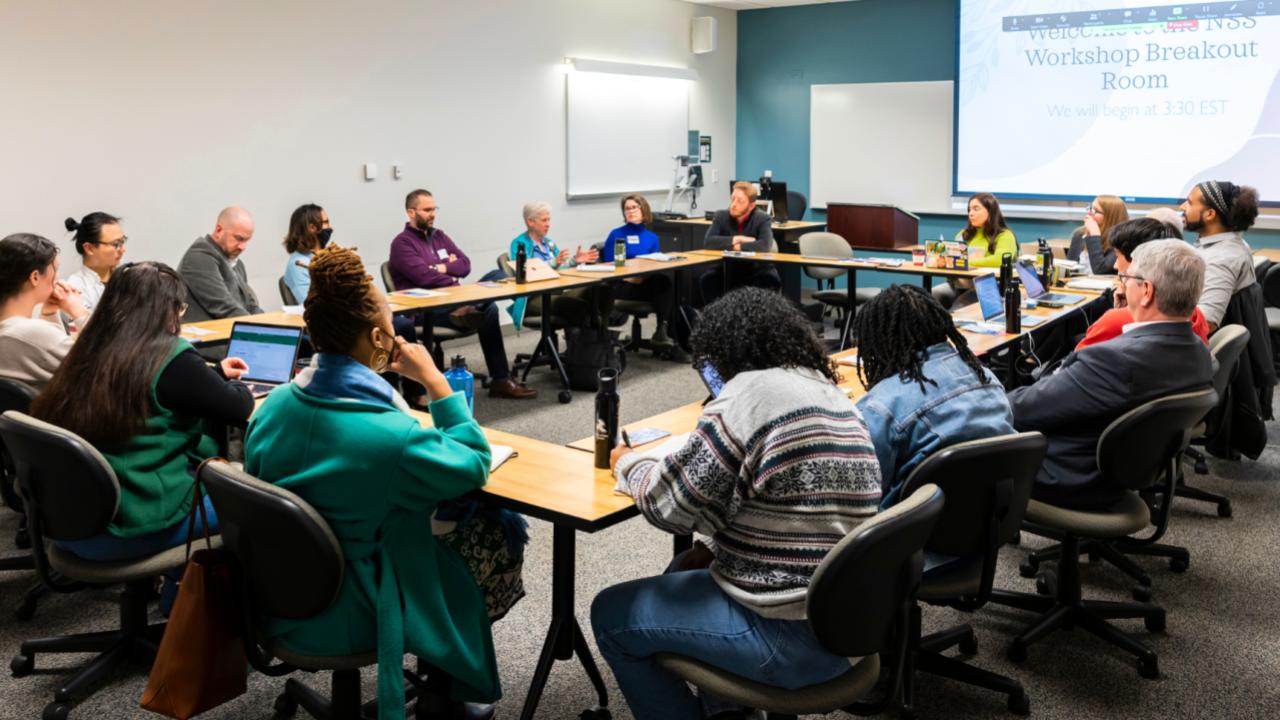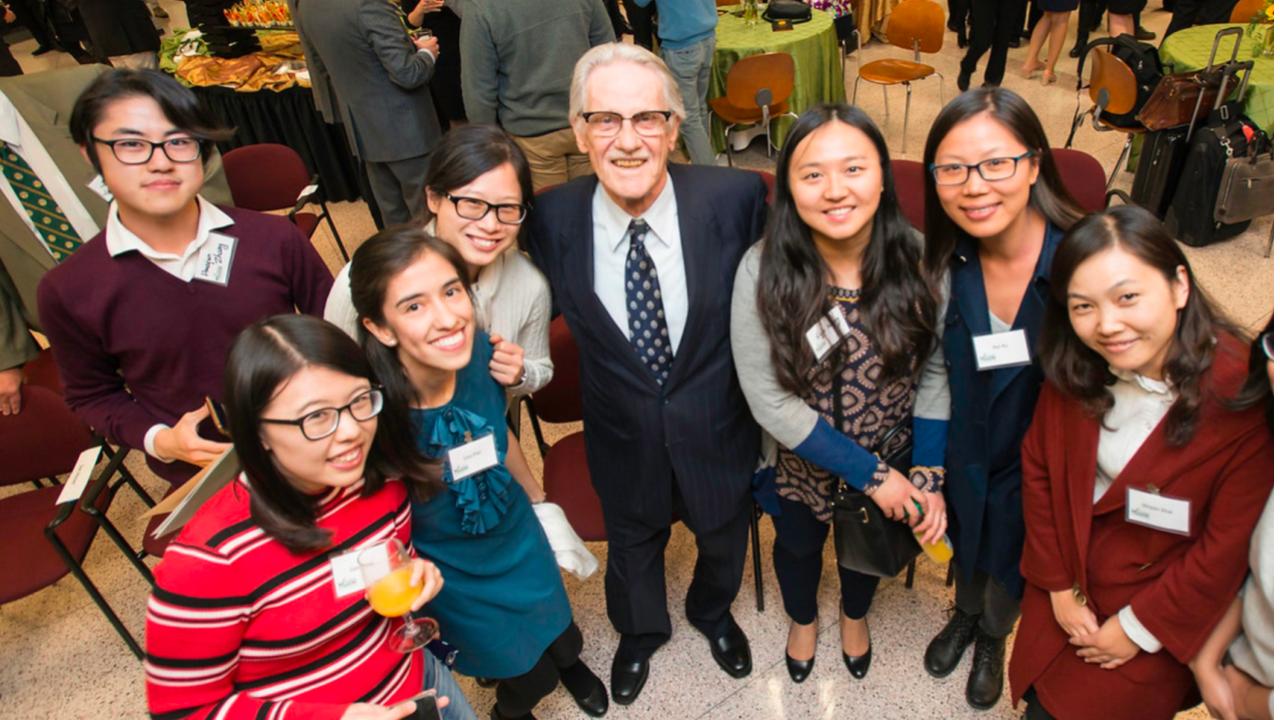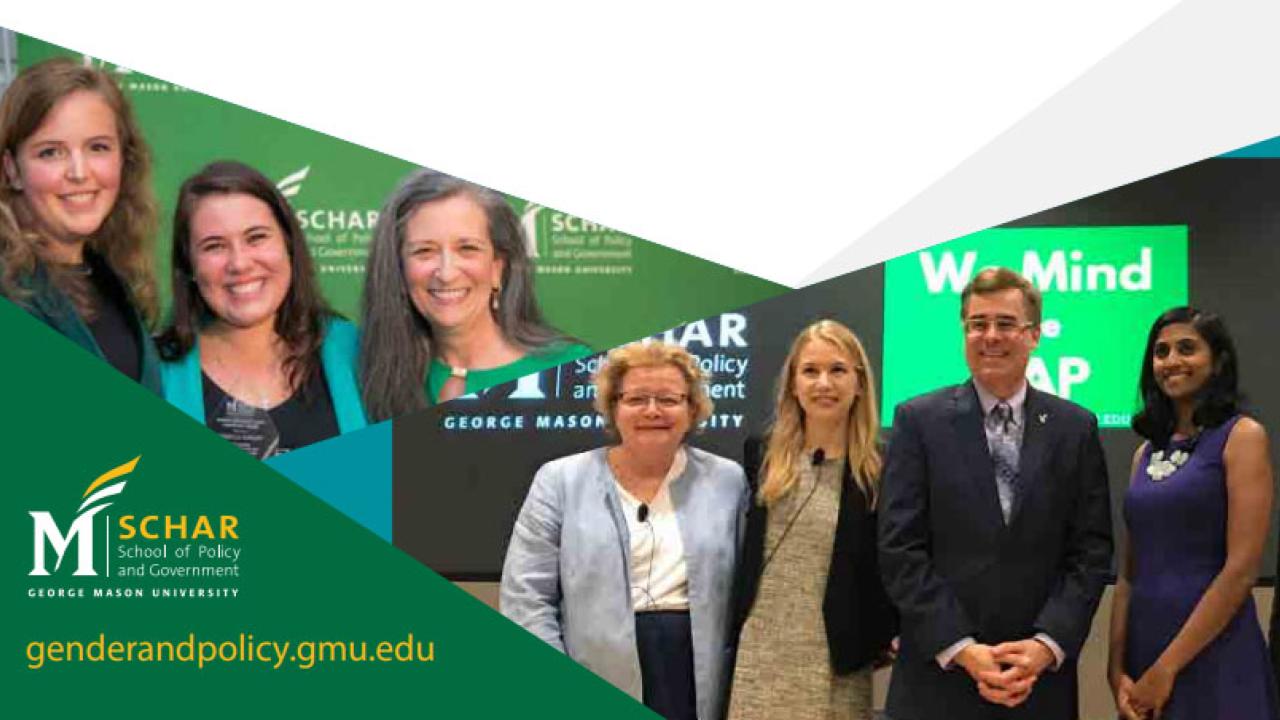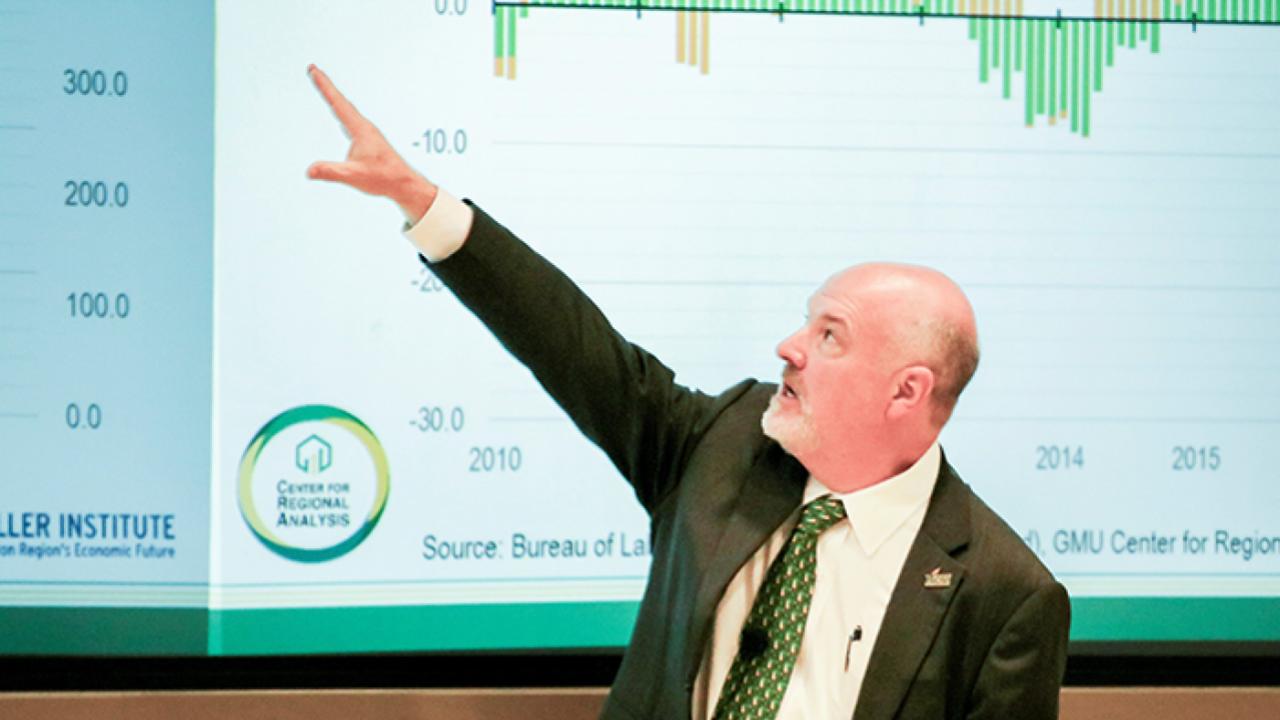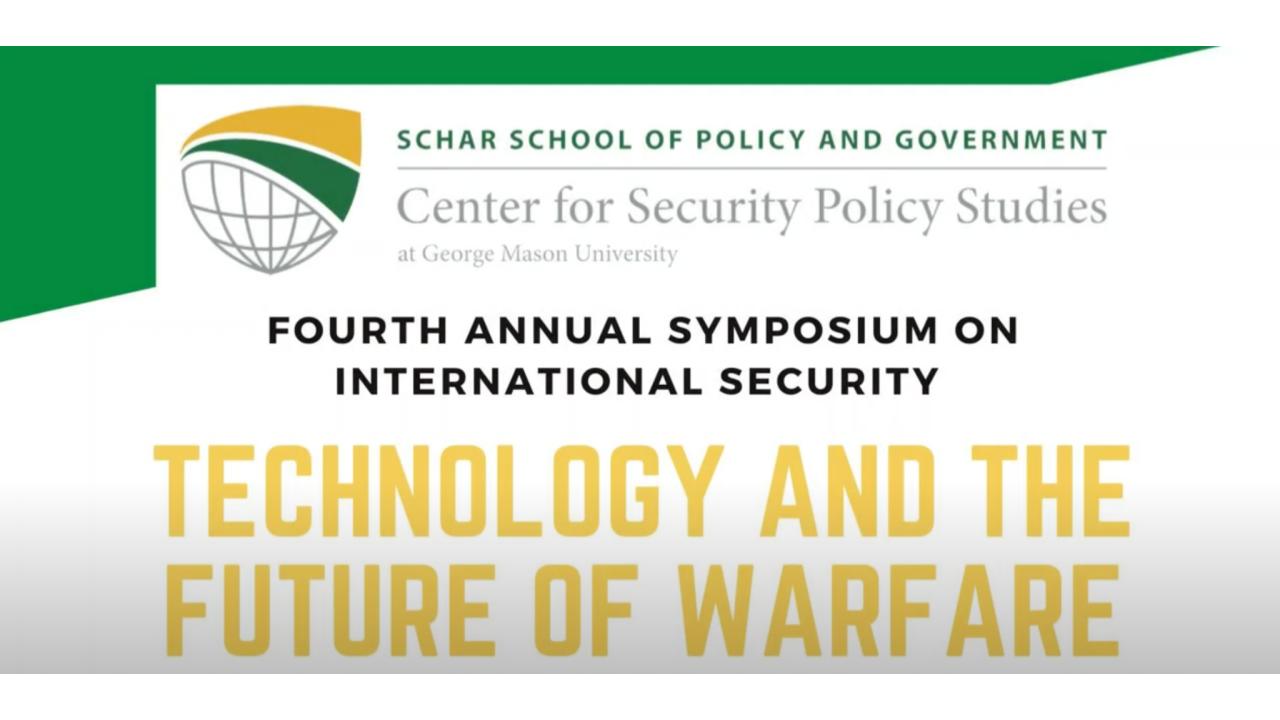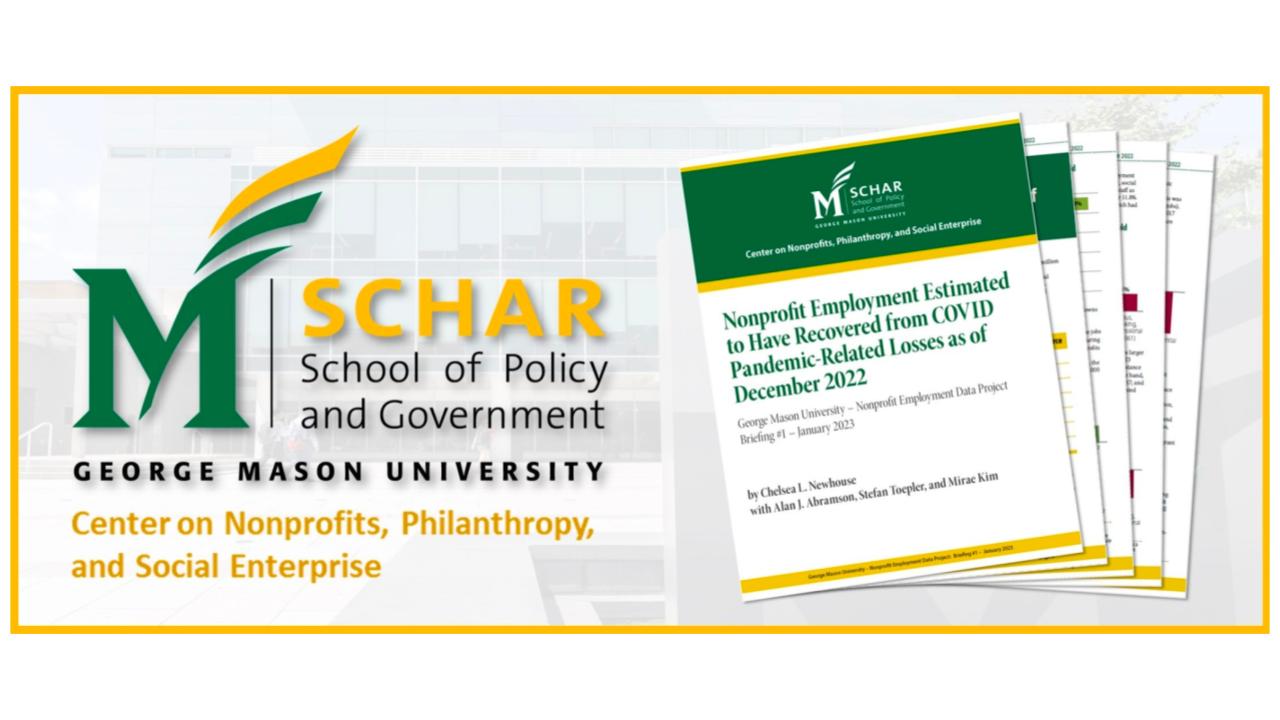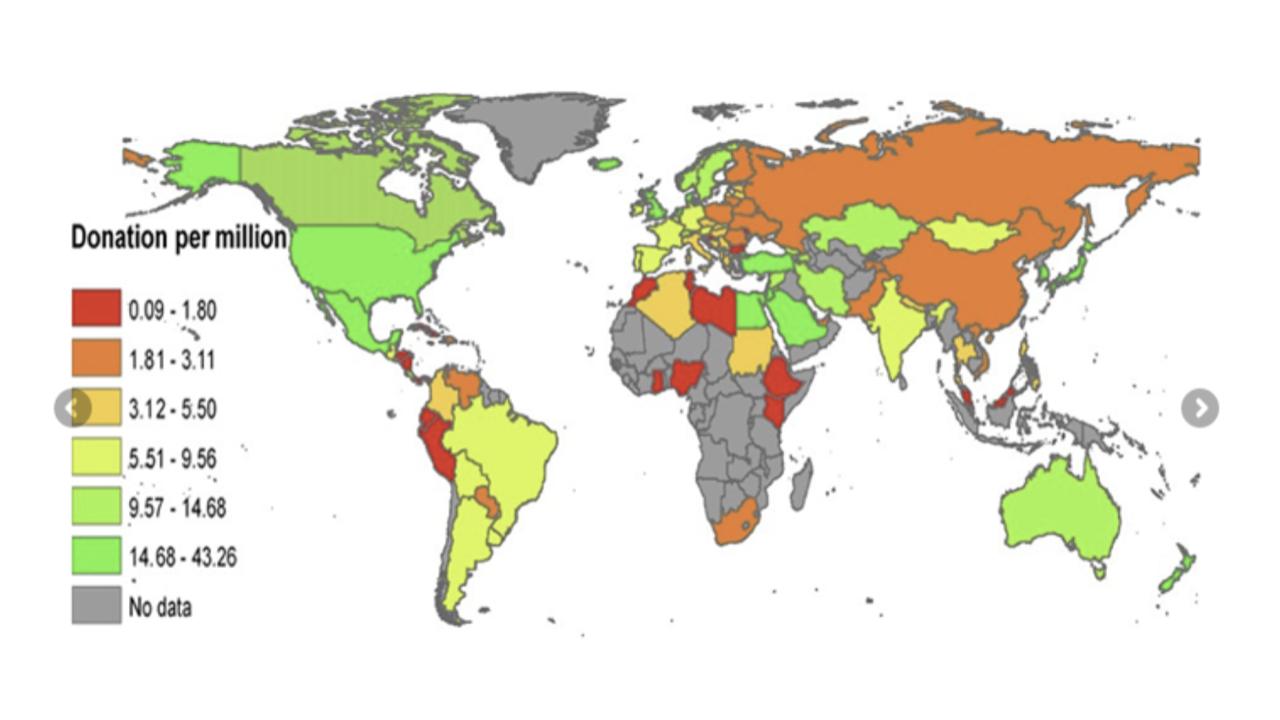Terry Clower, is Director of the Center for Regional Analysis, Schar School of Policy and Government
Vision
The Institute of Digital InnovAtion (IDIA) is George Mason University’s commitment to inclusively shaping the future of our digital society, promoting well-being, security, and prosperity.
IDIA is a sector leader that provides transdisciplinary research, innovation, and next-generation workforce development strategy across the university for scaled, sustainable growth in digital innovation, leverages synergies, strengthening the innovation ecosystem and growing capacities for transdisciplinary research, scholarship, and innovation, supports placemaking, instigating and building research and innovation communities around places and activating and supporting a culture of transdisciplinary research and shared research infrastructure, and amplifies the visibility and awareness of George Mason University as a globally recognized leader for its world-class research, innovation, and economic impact activities, as well as its next-generation students and scholars.
OnAir Post: IDIA – Institute for Digital Innovation

